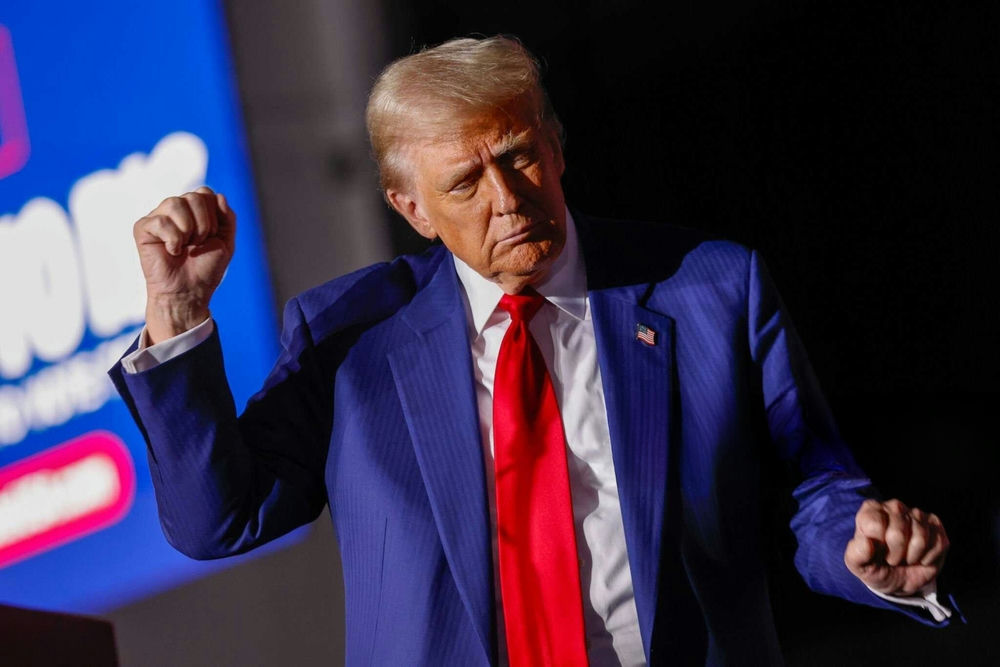The federal government’s unprecedented takeover of Washington D.C.’s police force has sparked a nationwide debate on federal overreach and civil liberties.
Federal Control and Local Autonomy Clash in D.C.
In a move that has sparked intense debate, President Trump announced on August 11, 2025, the federalization of Washington D.C.’s police force under Section 740 of the District of Columbia Home Rule Act. This emergency control was enacted for 30 days to address rising crime in the city’s vibrant nightlife areas. This decision marks a significant escalation in federal-local law enforcement dynamics and has been met with fierce resistance from local residents and officials.
The deployment of federal agents, including the DEA and the National Guard, alongside local police, set up a checkpoint in the bustling U Street corridor and 14th Street Northwest. This area is known for its nightlife and cultural significance, making it a flashpoint for public demonstrations. Protesters have gathered to voice their opposition to what they perceive as an overreach of federal power.
Public Outcry and Protests
The federal takeover and subsequent checkpoint have incited significant public outcry, with over 100 protesters gathering in the area. Demonstrations have led to confrontations with law enforcement, resulting in 43 arrests as tensions continue to escalate. Many residents and activists are concerned about the implications for civil liberties and the precedent such federal intervention could set for future governance in the capital.
Demonstrators have questioned the motives behind the law enforcement presence and criticized the lack of transparency in the operation. The checkpoint, which was established late on August 13 and dismantled by 11 p.m. the following night, has become a symbol of the broader struggle between federal authority and local autonomy.
Despite the protests, federal control of the police force remains in effect, with agents visible across several neighborhoods, including Navy Yard and Massachusetts Avenue, maintaining a heightened presence in the city.
Implications and Future Considerations
The short-term effects of this federal intervention are already being felt, as increased law enforcement activity disrupts local businesses and nightlife, causing economic losses and heightened anxiety among the public. The long-term implications are potentially more concerning, with the possibility of strained relationships between federal agencies and local communities and legal challenges to the extent of federal authority.
As debates over federal versus local control continue, this situation highlights the delicate balance of power in urban policing and the potential for increased social unrest. It also raises questions about the federal government’s role in local law enforcement and the impact of such actions on constitutional rights and community trust.
Sources:
Police in DC get yelled at while setting up checkpoint along popular nightlife corridor
Feds, police stage checkpoint in D.C. nightlife area

